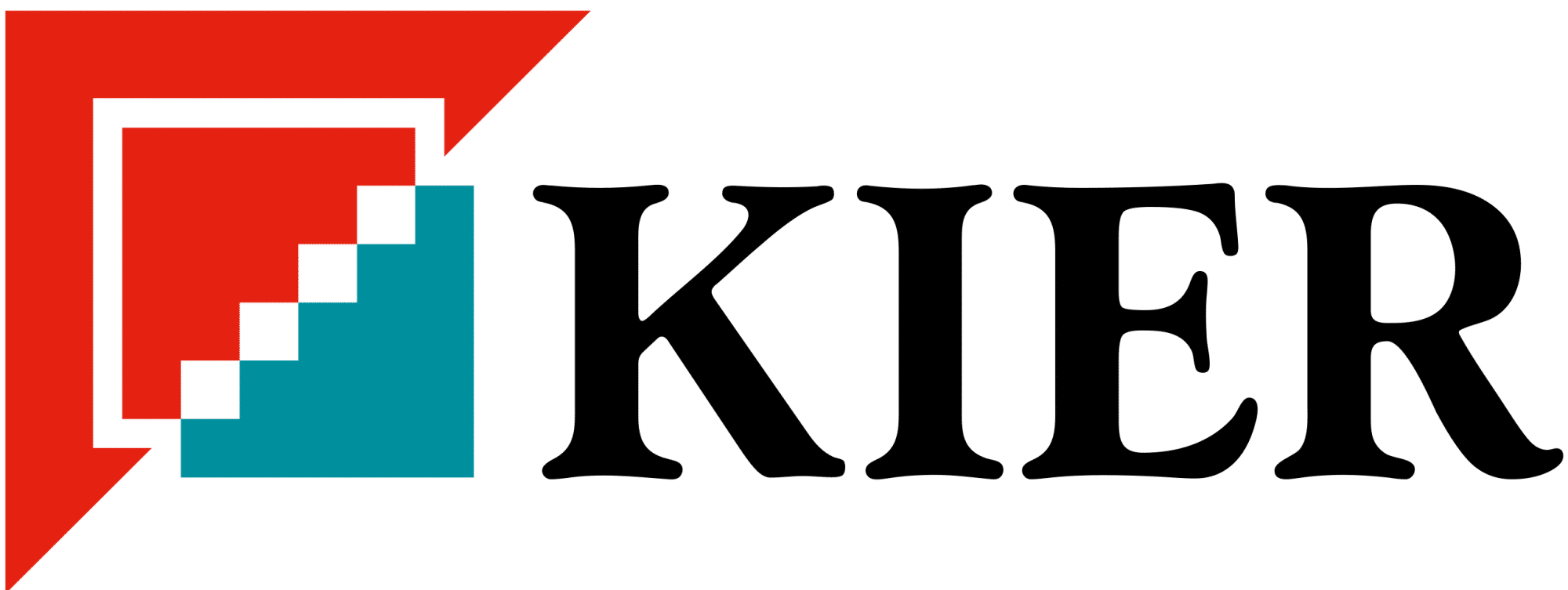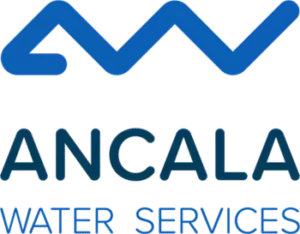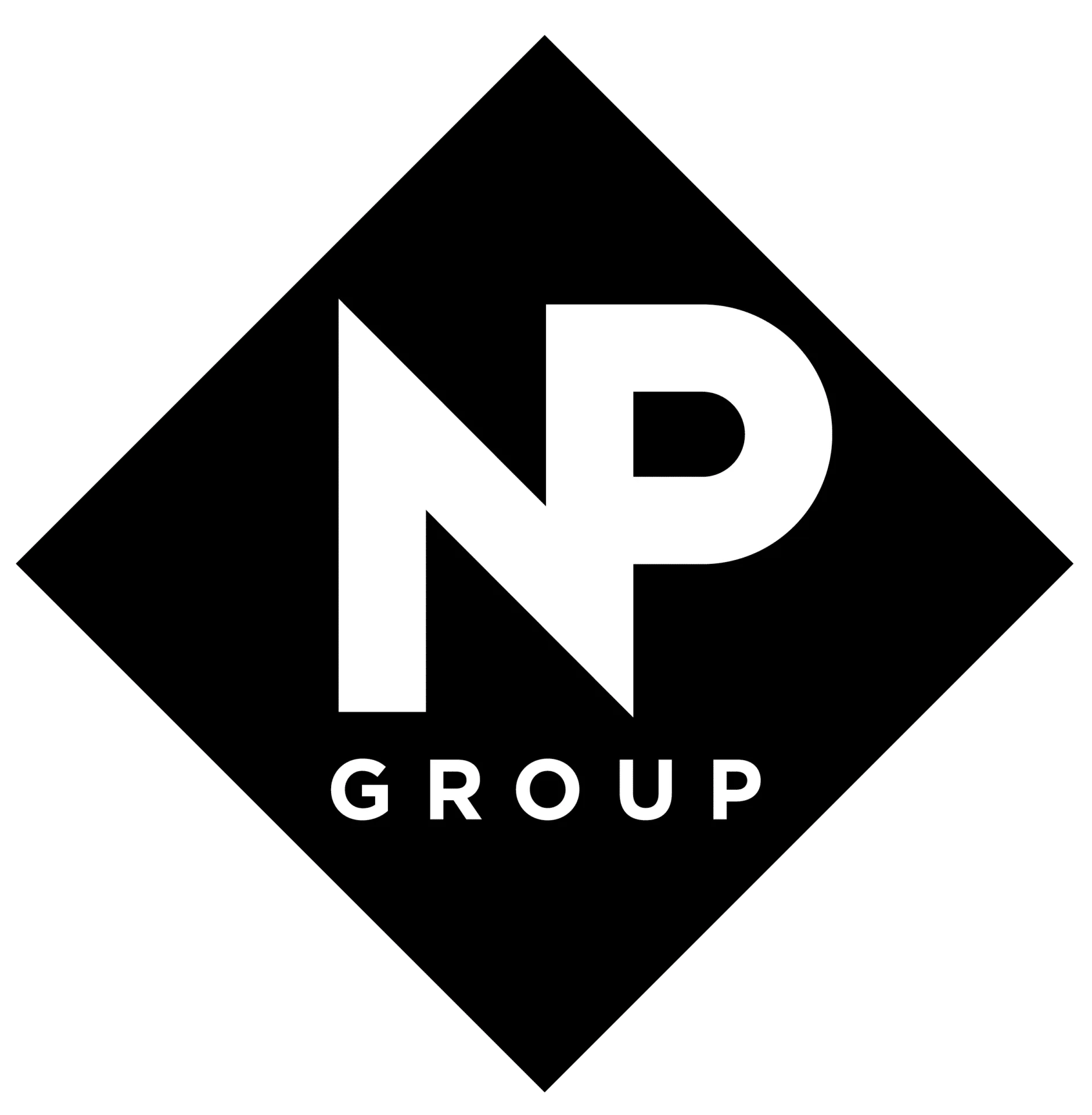Difficult market research projects often prove the most rewarding …
We’ve all had that moment: a brief lands on your desk, and as you read through it, a sinking feeling sets in. Either the goals seem near-impossible, or the scope suggests a price tag that would make the project unfeasible. Do you propose or pass? That was exactly how things started with a recent project completed at Leading Edge.
… with the environmental sector offering plenty of challenges
The client was a European company operating in a niche part of the environmental technology and services market. While they had already undertaken research in their home market, they were keen to understand conditions elsewhere in Europe so as to grow sales. To do this necessitated a deeper insight into the needs of both existing and potential customers. Straightforward enough until you looked closer.
Complexity lay in the nature of the technical solution being offered, which was highly specific and focused on certain needs. Even more challenging was the target sector itself: a B2B audience notoriously difficult to engage. Cold calling was a non-starter with limited possibilities for direct e-mail contact. Adding to the challenge, multiple languages would potentially need to be used across markets.
Taking time to review what works best is important when undertaking international research
Faced with the brief, my first instinct was to pause. Over the years, I’ve learned that first impressions can be deceptive. What seems overly complicated at first often becomes more manageable once you take a step back and review your own toolkit.
The first breakthrough came from reviewing what had worked in previous complex international research projects. In this case, the client had already established some connections in their target markets. While not a perfect fit, these contacts formed a ‘warmish’ base to build from and could be supplemented with targeted outreach via platforms like LinkedIn.
As for language, while we had access to a network of linguists across Europe, the international nature of the sector meant many participants would likely be comfortable communicating in English. Such a feature gave us greater control which we knew would maximise success.
Collaboration at the proposal stage helps with a successful bid
One of the turning points for the success of the project was our decision to co-develop the research methodology with the client before submitting a final proposal.
We shared examples of past market research in the energy and environmental sectors, highlighted strategies that had worked, and those that hadn’t, and proposed a more phased, pragmatic approach. This helped build trust and engagement, allowing us to present a revised proposal that was both cost-effective and realistic – without compromising on the original research objectives.
Together, we created a proposal that struck a balance between ambition and realism. It still met the original objectives but incorporated practical changes so as maximise success. Importantly, it allowed for adjustments in timescale and cost, depending on how the project evolved.
Communication shouldn’t be overlooked throughout your engagement
From our experience, regular feedback loops are critical in B2B projects with hard-to-reach audiences. They help ensure insights remain on track and that client expectations are managed.
Clear and regular communication played a major role in the success of this project. We updated the client regularly and especially during the sourcing of contacts and early fieldwork stages. These touchpoints allowed us to adapt the approach in real time, based on how contacts responded and what we were learning from early interviews.
Creativity can offer new ways to achieve success
We knew from the outset for the project to be a success we had to think creatively. This was achieved in three ways:
- Localisation. With input from the client’s local reps, we ensured the research questionnaire was properly translated and aligned with technical terminology used in each market.
- An online response portal. We created a secure portal for interviewees who preferred to respond in their own language and at their convenience – as well as anonymously if they chose.
- Sharing of results. We encouraged the client to share a short summary of results with interviewees. While a simple gesture, this helped build trust and increase response rates.
Final thoughts
In the end, what began as a daunting brief became a successful international B2B market research project – one that delivered the valuable insights our client needed to shape their European expansion strategy.
The approach pursued reaffirmed what I’ve learned through years of working with clients in the environmental, energy and clean tech sectors, namely that clients don’t expect perfection from the start. They value partners who bring sector-specific experience, listen closely, and offer practical research strategies tailored to challenging conditions.
Lead, Environment, Energy and Clean Tech













